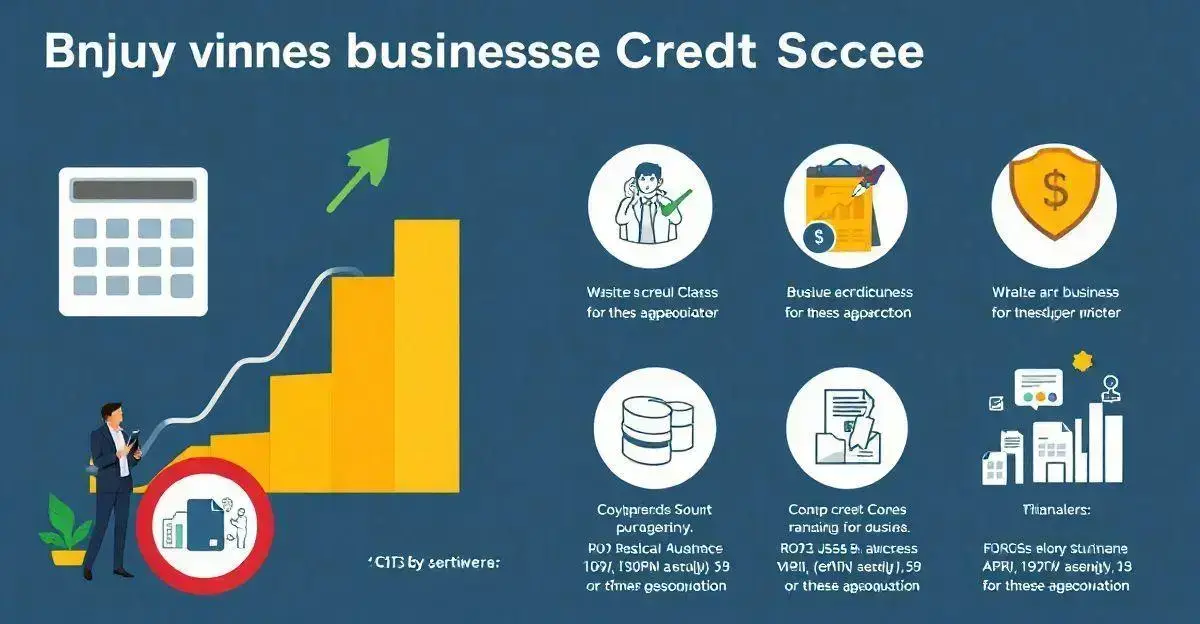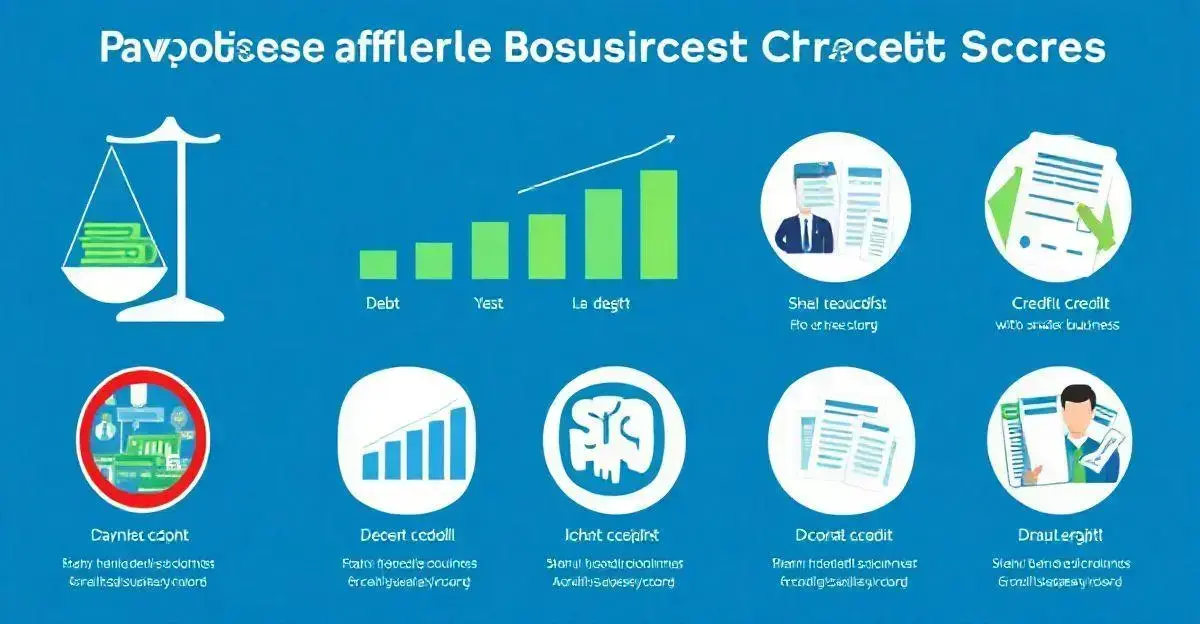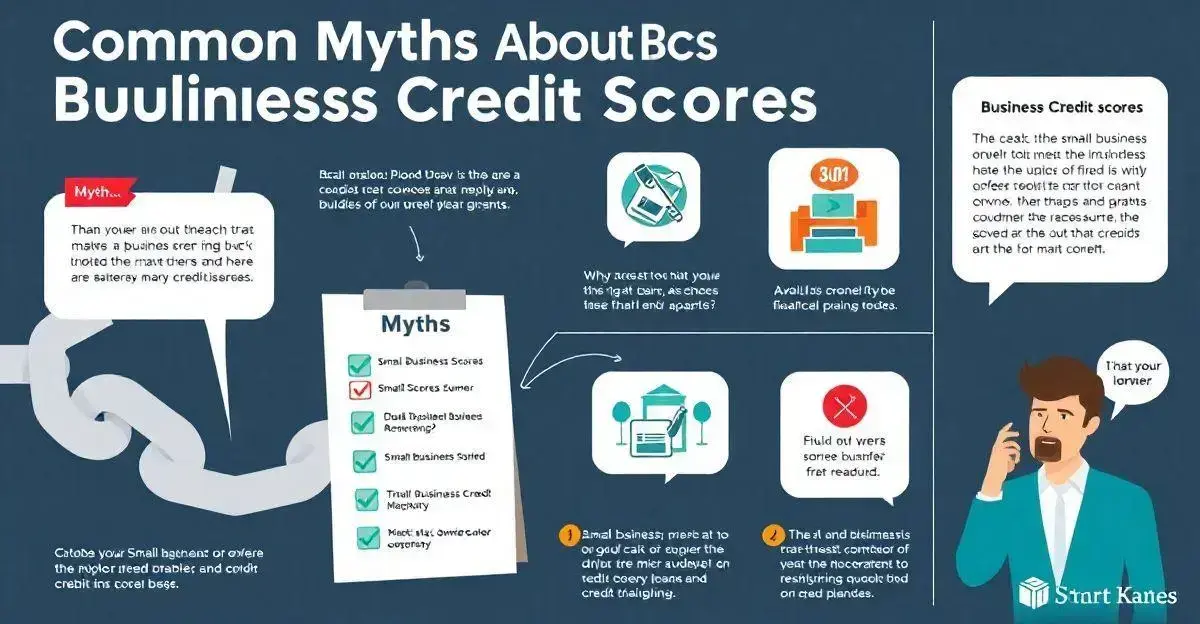Your business credit score plays a vital role in determining your ability to secure loans and establish trust with vendors.
Understanding this score not only helps you gauge your business’s financial health but also opens doors to better financing options.
In today’s competitive landscape, focusing on your business credit score can lead to significant advantages.
What is a Business Credit Score?
A business credit score is a numerical representation of a company’s creditworthiness. Much like personal credit scores, these scores are crucial for lenders to assess risk before providing loans or credit to a business. Typically ranging from 0 to 100, a higher score reflects stronger creditworthiness and reliability.
Various factors influence this score, including the company’s payment history, outstanding debts, and overall credit utilization.
Understanding a business credit score helps business owners make informed decisions regarding their finances. For instance, it plays a significant role when seeking additional funding or negotiating payment terms with vendors. A strong business credit score can lead to better loan terms, lower interest rates, and improved supplier relationships.
In today’s business environment, maintaining a good score is crucial for long-term success. Companies should regularly monitor their credit reports and protect their scores by timely payment of bills and managing their liabilities effectively.
Importance of a Business Credit Score

The importance of a business credit score cannot be overstated. This score plays a key role in how lenders view your business. A strong score signifies that your company is a reliable borrower, which can lead to better financing options. Businesses with high credit scores are often granted loans with lower interest rates.
Moreover, a good score can help you secure favorable terms with suppliers. When vendors see that you have a solid credit history, they may be more willing to extend payment terms or offer discounts. This can significantly improve your cash flow, particularly for small businesses that are just starting out.
If you’re aiming for growth, maintaining a strong business credit score should be a priority. Regularly monitoring this score, understanding the factors that affect it, and taking steps to manage your credit wisely can set your business on the path to success.
How to Check Your Business Credit Score
Checking your business credit score is an important step for any entrepreneur. You can access your score from various credit reporting agencies. These agencies collect and analyze data about your business’s credit history, payment patterns, and outstanding debts. Typically, you can obtain a free copy of your credit report once a year, which allows you to review your score and correct any inaccuracies.
To begin, visit the websites of major credit bureaus like Dun & Bradstreet, Experian, or Equifax. After creating an account, you can request your business credit score. This score provides you with insights into your business’s financial standing.
Understanding how to check your business credit score not only helps you assess your own financial health but also prepares you for interactions with lenders. Always be proactive in monitoring your credit score to ensure your business maintains a strong credit profile.
Factors Affecting Your Business Credit Score

Many factors can affect your business credit score. Understanding these factors is crucial for maintaining and improving your score. The primary influences include your payment history, outstanding debts, credit utilization, and the age of your credit accounts.
The first factor, payment history, is perhaps the most significant. Making timely payments on loans and credit lines boosts your score, while late payments can negatively impact it. Lenders pay close attention to this aspect to assess your reliability.
Another factor is your total outstanding debts. The lender evaluates how much you owe compared to your available credit. A high debt-to-credit ratio can signal risk, so it’s wise to keep this number low.
Credit utilization also plays an essential role. This means using a small percentage of your total available credit. A lower utilization rate demonstrates that a business can manage credit wisely.
Credit Card Tracking is essential for maintaining a low credit utilization rate and ensuring timely payments, both of which are crucial for a healthy business credit score
Lastly, the age of your credit accounts matters. Older accounts, especially those with positive histories, tend to enhance your score. Keeping older accounts open and active can provide a score boost.
Improving Your Business Credit Score
Improving your business credit score is essential for financial health. There are several strategies you can implement to achieve this goal. One of the most effective ways is to pay your bills on time. Timely payments show lenders that you are responsible and can manage credit effectively.
Another important factor is to reduce your credit utilization ratio. This ratio measures the amount of credit you are using compared to your total available credit. Keeping this ratio below 30% can positively affect your score.
It’s also beneficial to regularly monitor your credit reports for errors. If you find any inaccuracies, dispute them immediately. These mistakes can hurt your score and take time to resolve.
Consider establishing a diverse credit mix as well. Having different types of credit, such as loans and credit lines, can improve your score. Responsible management of this credit mix shows lenders that you can handle various credit forms.
Finally, avoid closing old accounts, as the length of your credit history contributes to your score. Keeping older accounts open and in good standing demonstrates a solid credit history, which lenders appreciate.
Common Myths About Business Credit Scores

There are several common myths about business credit scores that can mislead business owners. One myth is that business credit scores are the same as personal credit scores. In reality, they are calculated separately and use different criteria. Business credit scores depend on the company’s financial history, while personal scores relate to individual credit use.
Another common misconception is that a good credit score guarantees loan approval. While a strong score helps, lenders also consider income, business stability, and other factors before making decisions.
Many people believe that closing unused accounts will improve their score. However, this can actually harm your score by reducing your overall credit history. Keeping older accounts open can help maintain a healthy credit history.
Additionally, some think they can only check their scores for free once a year. Many agencies now allow you to check your score multiple times without charge, helping you stay informed about your credit status.
Lastly, it is a myth that only large businesses need to worry about their credit scores. Small businesses greatly benefit from monitoring and improving their scores to secure better financing opportunities.
Frequently Asked Questions about Business Credit Scores
What is a business credit score?
A business credit score is a numerical value that represents your company’s creditworthiness based on its financial history and credit activity.
Why is a good business credit score important?
A good business credit score is essential for securing loans, obtaining better financing terms, and establishing trust with suppliers.
How can I check my business credit score?
You can check your business credit score by accessing reports from major credit bureaus like Dun & Bradstreet, Experian, or Equifax.
What factors affect my business credit score?
Factors include payment history, outstanding debts, credit utilization ratio, and the age of your credit accounts.
How can I improve my business credit score?
To improve your score, make timely payments, reduce debt levels, keep old credit accounts open, and monitor your credit report for errors.
What are common myths about business credit scores?
Common myths include the belief that business and personal credit scores are the same or that paying off debts automatically guarantees a higher score.
